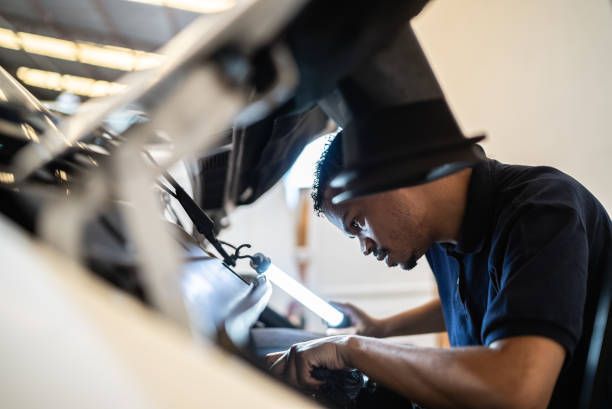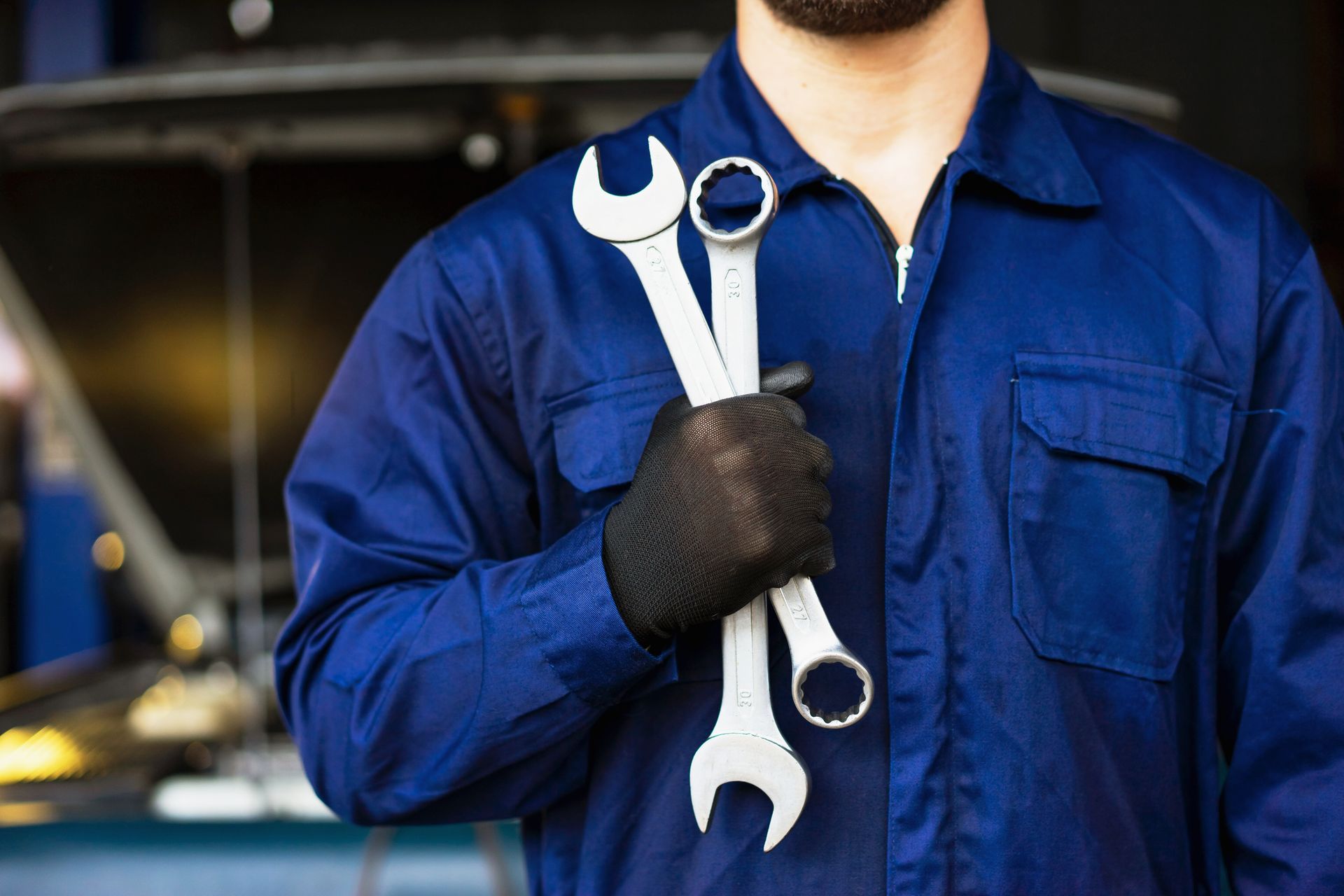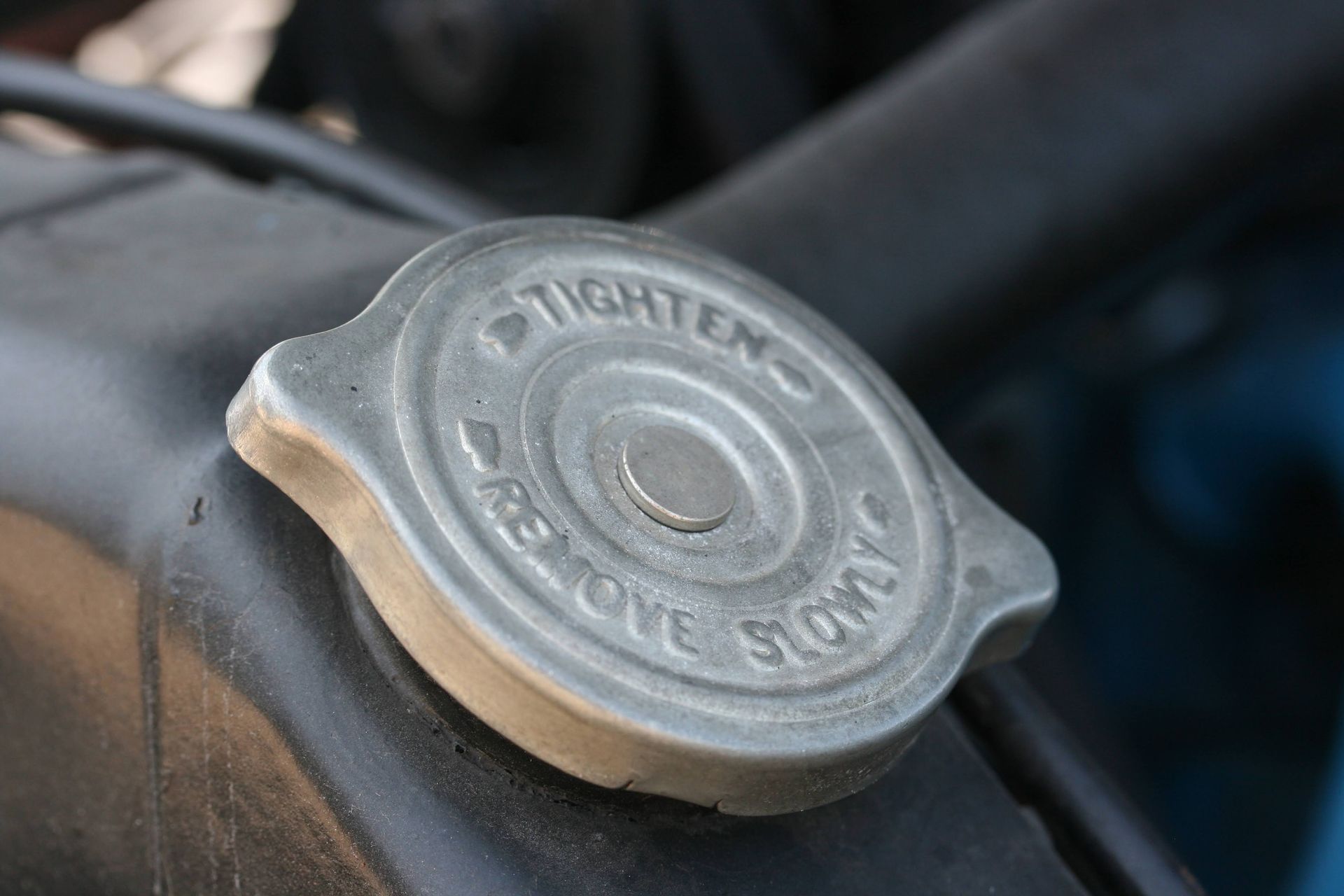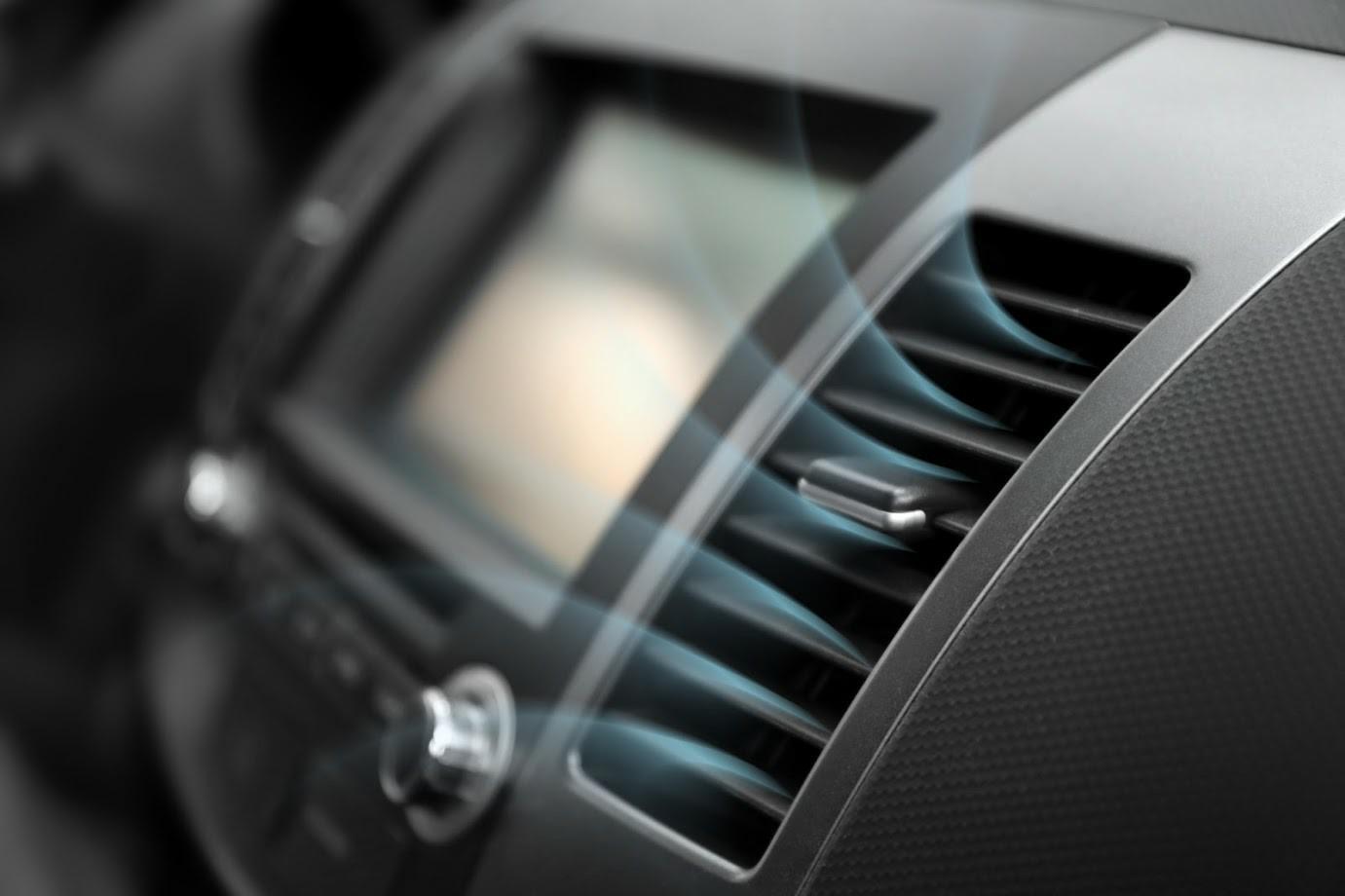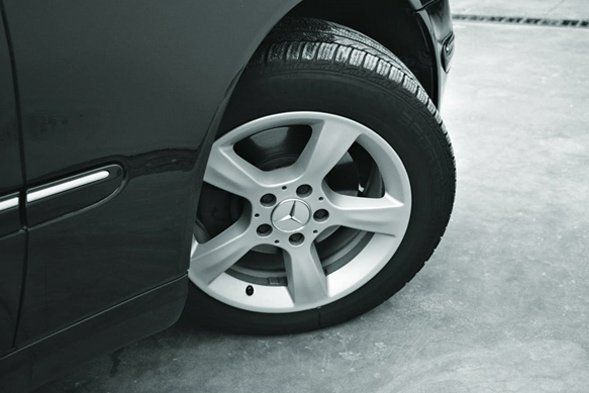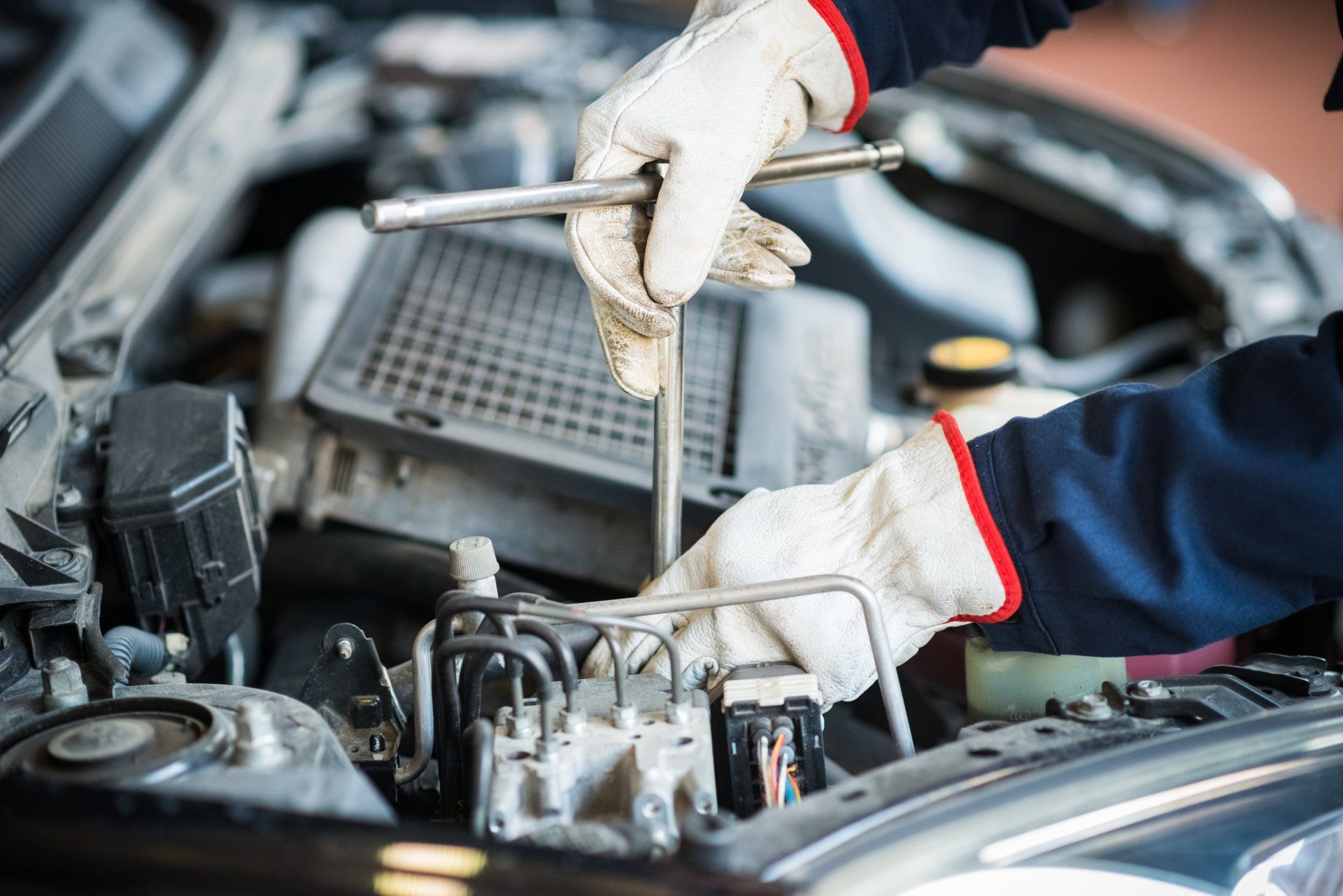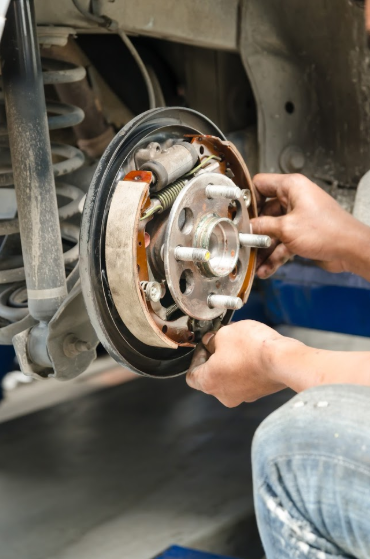Everything You Need to Know About Your Car's Radiator
Admin • August 21, 2020

Your radiator is an essential part of your car's engine. When it functions well, you probably don't even think about it. However, your car can become damaged quickly if the radiator stops functioning properly.
Luckily, you should observe signs that your radiator is in distress before the unit itself becomes damaged. If you do notice signs that the radiator is failing or otherwise in distress, repair or replacement is in your future.
Basics of How a Radiator Works
An operating car engine produces a lot of heat due to the internal combustion at the heart of its function, but the exhaust system vents most of the excess heat outside. However, the rest must go through a dedicated cooling system. A car's cooling system consists of the thermostat, water pump, and radiator, with the radiator providing the final vent of the remaining excess heat.
The coolant system pumps a mixture of antifreeze and water through the engine to absorb the heat. The coolant gets circulated back to the radiator, where it pumps through the cooling fins and core tubes. Then the heat transfers — or radiates — into the atmosphere, leaving the engine cool, and the radiator pumps the coolant mixture back into the engine to repeat the process.
A radiator consists of an inlet and outlet tank on either side of the core tube. The inlet, or header, tank usually features a transmission oil cooler. When automatic transmission parts move, they produce frictional heat, so the transmission oil cooler disperses that excess heat.
Common Radiator Problems
Radiators face a lot of heat and they're under a lot of pressure. What's more, they're located at the front of the car, so they are susceptible to flying debris. In fact, a common problem for radiators is bent cooling fins. When the fins are bent, they might trap some of the heat inside the radiator instead of dispersing it.
Another common radiator problem is leaking coolant. This issue is easier to notice because you'll see the brightly colored antifreeze on the ground. As noted above, the coolant is a necessary part of the cooling process, so a leak will cause problems.
The other big issue radiators face is rust and scaling. Rust can develop on the exterior and interior of the radiator. Scale consists of flakes of soft parts from gaskets or seals. These flakes can get into the engine and pass through the radiator, which clogs it.
Signs You Need Radiator Repair
The cooling service your radiator provides is essential. If it doesn’t function, the car's engine will overheat, which damages other parts. So if you have major issues with the radiator, it may need repair.
One telltale sign that your radiator may need repair is if your car overheats often. Your mechanic may replace the thermostat, but a persistent problem could indicate that rust, debris, or scale has clogged the radiator. Overheating can also indicate damaged cooling fins.
Another telltale sign is even more obvious — your radiator is leaking. If the coolant inside the radiator is sticky with debris, it doesn't move through the system efficiently. The result is excessive pressure in the radiator hoses, at which time they might start leaking coolant. You probably need the radiator flushed and perhaps repaired.
Signs You Need a New Radiator
A repair may not be enough to get your car running again. Sometimes, you simply need a new radiator. For example, if your radiator is still leaking after the flush and repair job, you probably need to replace it.
Indeed, you should have your radiator drained and flushed regularly according to your owner's manual. If the coolant looks like sludge, or if there are visible flakes, the interior of the radiator is probably rusting. Rust can be the kiss of death for a radiator.
Keep your radiator in good working order to protect the integrity of your car's engine. Bring your car to C. R. Smith Radiator and Auto Repair
for any radiator service.

